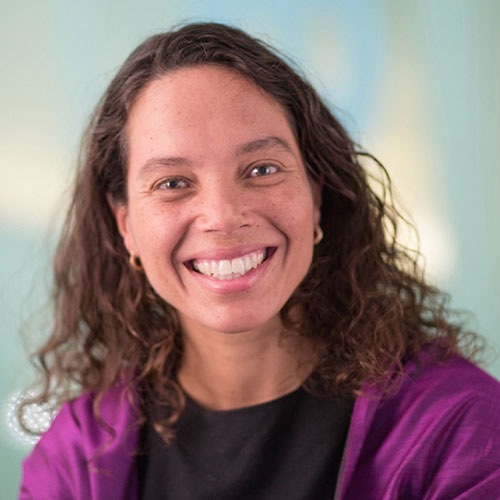2020 Pilot Grant Awardee, Johns Hopkins

An immunologist studying the exposome, assessing how a lifetime of physical, chemical, biological, and psychosocial factors interact with the genome and impact human health. Dr. Sillé’s motto is that a “healthy environment equals healthy people.” She is interested in studying the influence of environmental factors and biological sex on the human immune system and subsequent effects on chronic and infectious disease risk. Dr. Sillé hopes to identify potential targets for intervention to reduce the burden of disease in exposed communities. For her research, she combines her expertise in immunology, toxicology, microbiology, and functional genomics, with metabolomics and exposure epidemiology. Dr. Sillé received an MS in immunology and molecular virology from the University of Groningen in 2004. As a Boehringer Ingelheim Fonds PhD Fellow, she received her PhD in immunology in 2010 from the Utrecht University for her work performed at the Brigham and Women’s Hospital and Harvard Institute of Medicine. Prior to her position at JHU, Dr. Sillé completed a postdoctoral fellow position in functional genomics and one in immunotoxicology both at the University of California Berkeley.
Awarded: $60,000
What is Dr. Fenna Sillé studying?
Doctor Sillé is studying the effect of the environment on human health.
Why study this condition?
The environment plays a crucial role in human disease. Identifying potential targets for intervention to reduce the impact of noxious elements will produce important benefits for health.
What did Dr. Fenna Sillé find?
Doctor Sille and her colleagues reviewed the literature to quantify the effect of prenatal exposure to toxic metals: mercury and manganese impacted nervous system development in humans.
She also reported her disappointment in her efforts to investigate the impact of biological sex on COVID-19 infection: after intensive studies on her part, she discovered that the team supplying her with cells from patients had not accounted for the degree of viral seeding in the tissue they provided. She had to jettison her work, although disappointing, Doctor Sille had increased her appreciation of biological sex in determining the impact of disease severity in other projects that she undertook.
How did The Foundation for Gender-Specific Medicine’s grant help Dr. Fenna Sille’s research?
Doctor Sillé felt that our award helped her concentration on the impact of sex differences in the experience of disease, as evidenced in her work on the impact of noxious metals in the environment on the developing fetus.
What is Dr. Fenna Sille’s current status?
Doctor Sillé works in the Department of Environmental Health and Engineering at the Johns Hopkins University Bloomberg School of Public Health.
